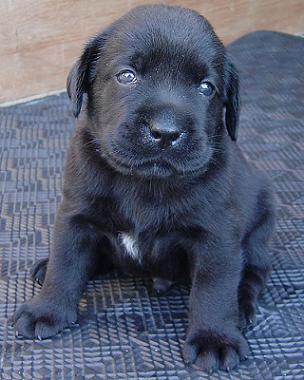Yorkie puppies like attracting attention because they are sociable dogs. They can get irritated when playing with children because they are afraid to be hurt. Due to the fact that Yorkie puppies are of a small size, they get injuries often. Make sure that you do not treat this small dog like a toy, do not squeeze and poke it.
So, if you decided to buy this dog, you should take care of it in a proper way. There are some important tips to be considered if you want that your puppy grows healthy. First of all, bear in mind, that a healthy puppy is a free puppy.
These small dogs have some health issues that fall into three groups. They are as the following: the first one is teeth problem, the second is problem with skin, the third one is digestive problem and the fourth is problem with their fragile bones. Make sure that your dog eats enough mineral supplements and vitamins. This is very important for them to stay healthy.
Teeth problem is a common problem of these dogs. Take into account that Yorkie puppies often have tooth decay. You can solve this problem if you pay attention to what your dog eats. Do not give it soft foods, because soft foods can cause infection diseases leading also to teeth decay. You can buy good hard foods. To avoid problems with teeth, you should brush them several times per week.
Vitamins A, D and Calcium are also vital for your Yorkie puppy. Vitamin A helps in development and strengthening of the immune system. Also, make sure that your dog consumes beta carotene. Vitamin D is useful for making teeth and bones of your puppy stronger.
And finally, Yorkshire puppies are known for having digestive problems. These dogs have a delicate digestive system. All these health problems can be avoided if you watch what food you give your puppy.







